

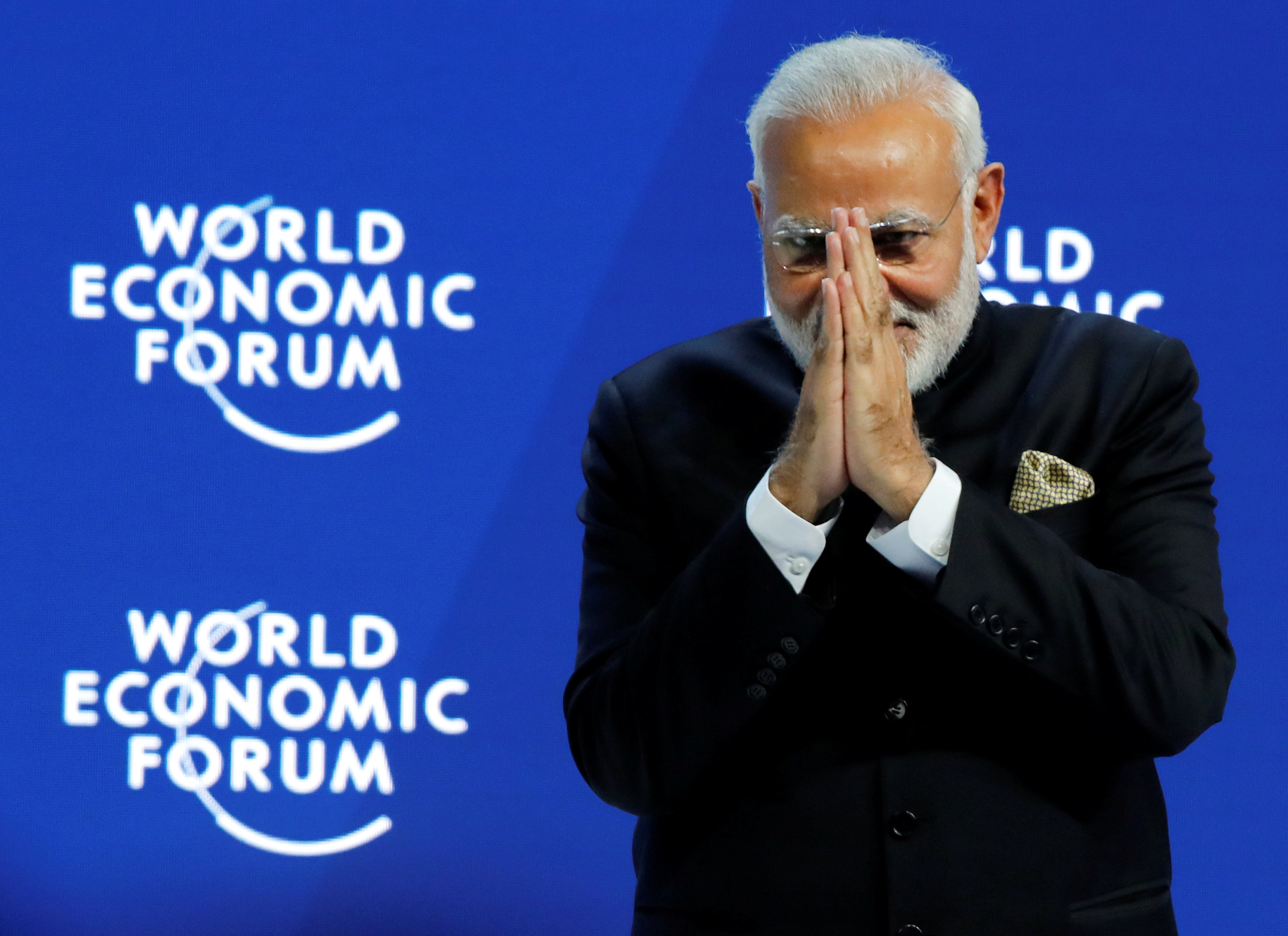
India's strategic and comprehensive efforts towards water and sanitation management have made it a world leader in the sector, highlighted in a film presented at the Davos Summit. With a record-breaking river interlinking program, drinking water supply program, and rural sanitation program, India's progress in ensuring access to clean water and sanitation for all its citizens has been recognized on a global platform. Union Minister for Jal Shakti, CR Patil, addressed the summit, outlining the achievements of the Jal Jeevan Mission and the impact it has had on the lives of millions.
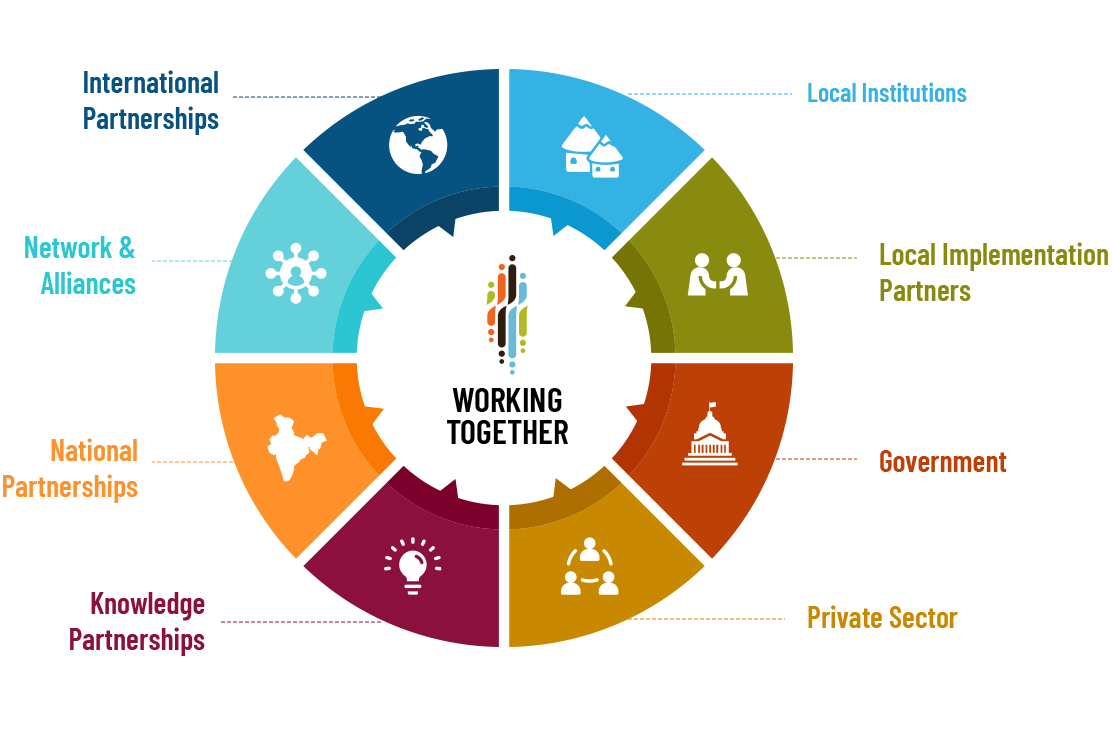
Union jal shakti minister CR Patil showcases India's success in water conservation at the World Economic Forum in Davos. This is the first time a Union water resources minister has attended the forum, highlighting India's growing leadership in addressing water challenges. Patil and Maharashtra Chief Minister Devendra Fadnavis discuss successful initiatives and emphasize the need for international cooperation in tackling the global water crisis. The event recognises India's growing influence in sustainable water management and calls for a united effort to ensure clean water access for all.
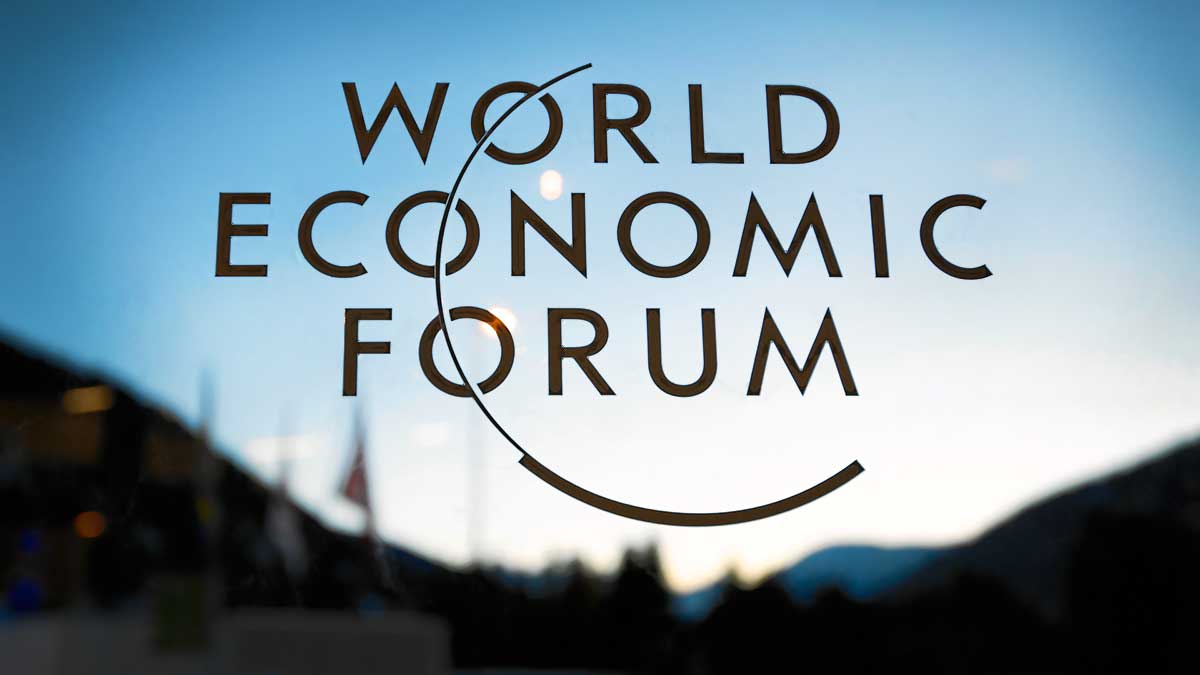
The Indian state of Maharashtra made a statement at the World Economic Forum in Davos by securing investment deals worth an unprecedented Rs 6.25 lakh crore. Chief Minister Devendra Fadnavis, along with top officials, met with prominent business leaders to solidify the state's position as a global investment destination. The committed investments span across multiple sectors including technology, renewable energy, retail, and more, promising a boost to Maharashtra's economic growth and job creation.

Maharashtra Chief Minister Devendra Fadnavis had a productive meeting with Klaus Schwab, Chairman of the World Economic Forum (WEF), in Davos on Monday. The duo discussed various economic opportunities for Mumbai, including potential foreign investments and collaborations. Fadnavis also highlighted the state government's efforts to create a business-friendly environment and promote sustainable development in Mumbai. The meeting serves as a prime example of the city's increasing potential as a global business hub.

Iran's Foreign Minister, Hossein Amir-Abdollahian, speaking at the World Economic Forum in Davos, admitted to a recent attack on Pakistan targeting members of the militant group Jaish al-Adl. Tehran maintains that the target was limited to Iranian terrorists and that no Pakistani citizens were harmed. However, Pakistan has condemned the attack as a violation of their sovereignty and has recalled its ambassador from Iran. Tensions between the two neighboring countries are now running high.
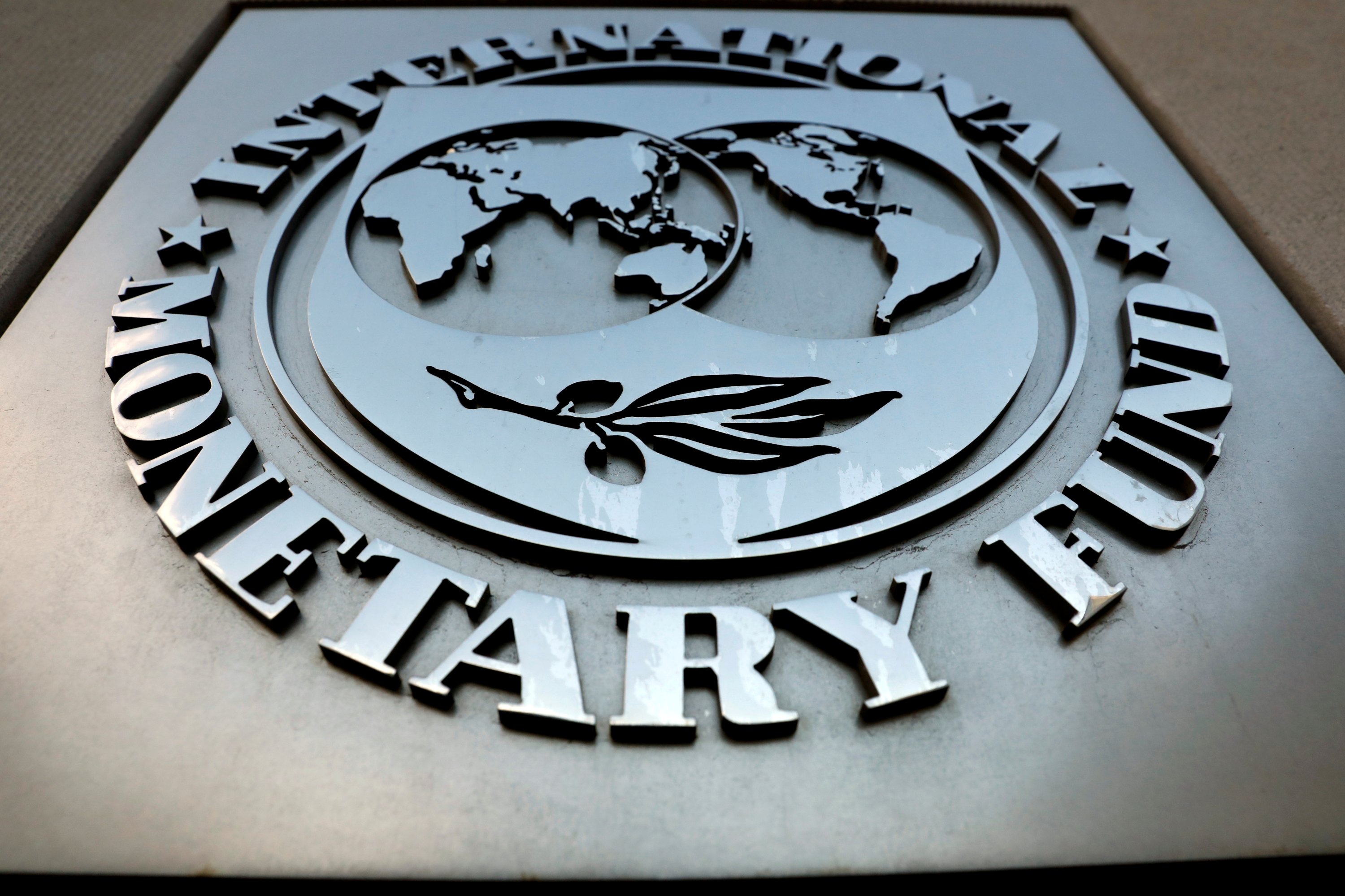
The International Monetary Fund predicts that the expansion of artificial intelligence (AI) could affect around 40% of jobs worldwide, with the greatest impact on emerging markets and lower-income nations. IMF chief Kristalina Georgieva urges governments to implement social safety nets and offer retraining programs to mitigate the inequality that may arise from the widespread use of AI technology. This topic is set to be a major focus at the World Economic Forum in Davos, Switzerland, where AI is highly prominent through advertisements and branding.
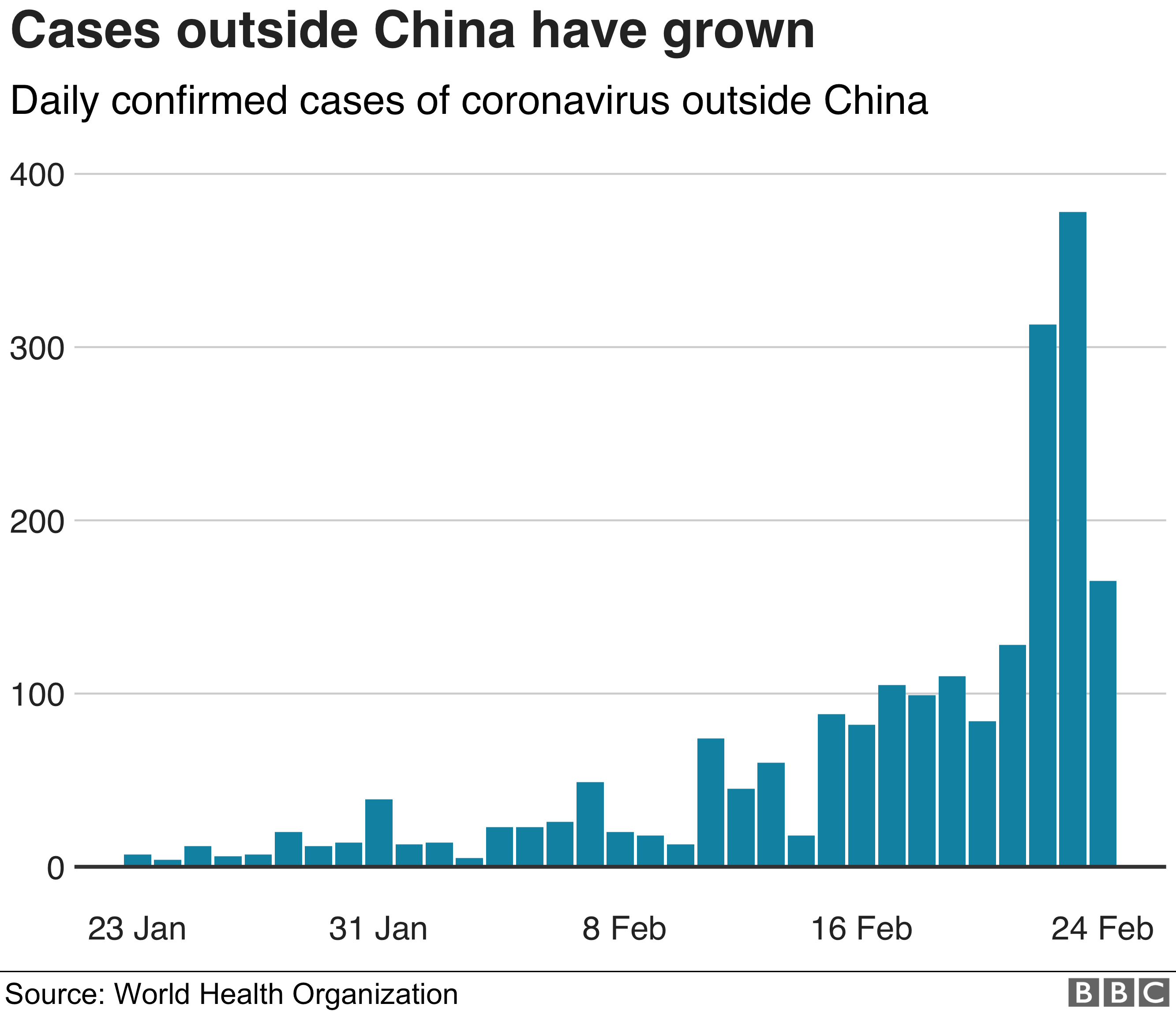
World leaders and health experts will meet at the World Economic Forum in Davos, Switzerland to discuss the potential for a future pandemic known as "Disease X" which could be 20 times more fatal than Covid. The World Health Organization (WHO) has added Disease X to their list of nine priority diseases in 2018, as it poses a major global health threat. The panel will specifically focus on preparing healthcare systems for the challenges posed by Disease X and the need for novel efforts in disease prevention and treatment.